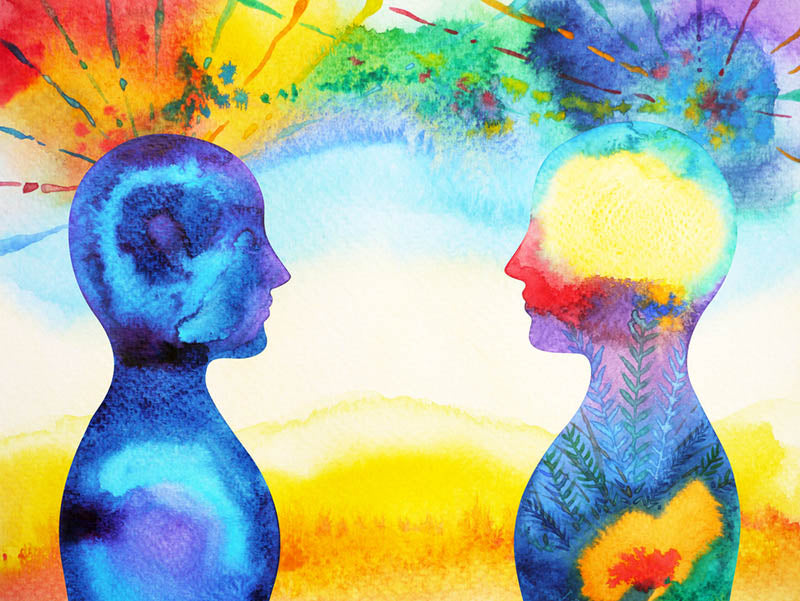

Exploring the Potential Therapeutic Uses of Psychedelic Drugs
The word "psychedelic" has Greek origins and was coined by psychiatrist Humphry Osmond in 1956. It refers to a class of hallucinogenic drugs that alter one's perception of reality and produce hallucinations. These drugs are divided into two categories: dissociative drugs and classic serotonergic and dopaminergic hallucinogens that interact with serotonin and dopamine receptors, respectively. Psilocybin, the psychoactive component of magic mushrooms, is a classic serotonergic hallucinogen and has the most favorable safety profile among psychedelic drugs. It has been used for recreational, spiritual, and religious purposes for thousands of years and is being explored for its potential medicinal value in the treatment of mental health disorders, substance abuse, and end-of-life anxiety.

Clinical trials have shown promising results for the use of psilocybin in the treatment of treatment-resistant depression and anxiety in cancer patients. However, psychedelics are currently illegal in many countries and more research is needed to fully understand their potential therapeutic uses and risks. Despite this, the legal status of psychedelics is starting to change, with some countries and cities allowing for their use in a therapeutic setting.
The potential benefits of psychedelic drugs extend beyond just their use in the treatment of mental health disorders. They have also been shown to produce long-lasting positive changes in attitudes, mood, and behavior, as well as increased creativity and openness to new experiences. These effects may have the potential to improve overall well-being and quality of life.

However, it is important to note that psychedelic drugs can also have negative effects, including intense emotional experiences and altered states of consciousness that can be disturbing or uncomfortable. These drugs can also have physical side effects, such as increased heart rate and blood pressure, and may interact with other medications. It is therefore important that they be used under the supervision of trained professionals in a controlled setting.
In conclusion, psychedelics have the potential to revolutionize the field of mental health treatment and improve overall well-being. However, more research is needed to fully understand their effects and potential risks. As the legal status of these drugs continues to evolve, it is important to approach their use with caution and respect, and to ensure they are used in a safe and controlled manner.
